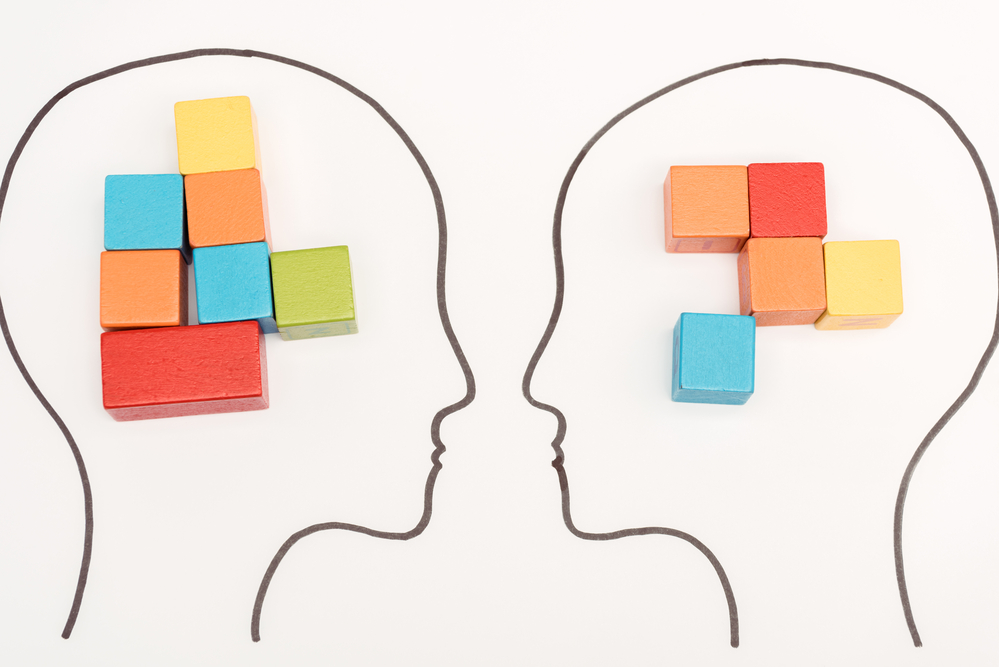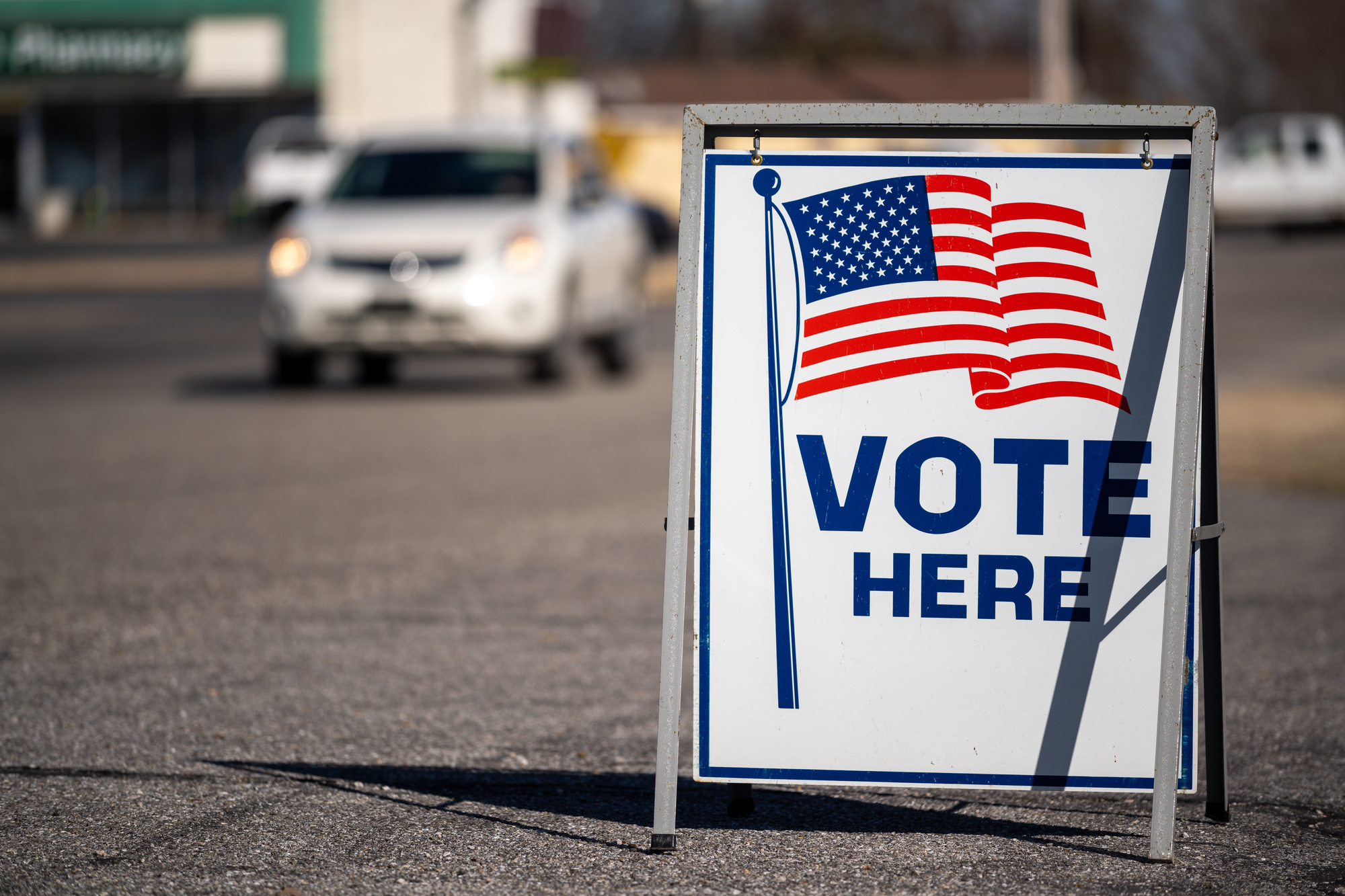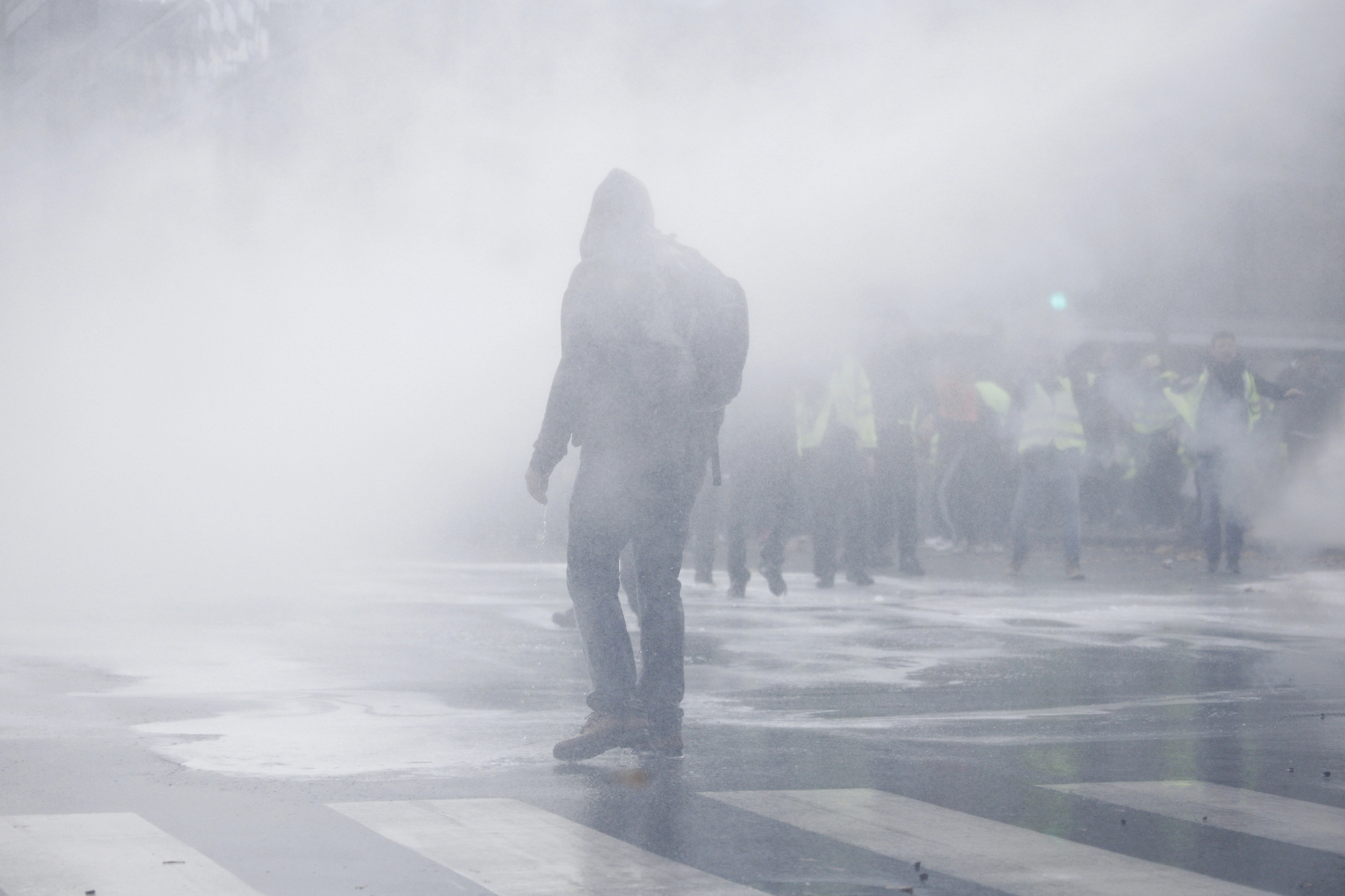Impeachment Hearings and Changing Your Mind

The news has been dominated recently by the impeachment hearings against Donald Trump, and as has been the case throughout Trump’s presidency, it seems that almost every day there’s a new piece of information that is presented by some outlets as a bombshell revelation, and by others as really no big deal. While the country at this point is mostly split on whether they think that Trump should be impeached, there is still a lot of evidence left to be uncovered in the ongoing hearings. Who knows, then, how Americans will feel once all the evidence has been presented.
Except that we perhaps already have a good idea of how Americans will feel even after all the evidence has been presented, since a recent poll reports that the majority of Americans say that they would not change their minds on their stance towards impeachment, regardless of what new evidence is uncovered. Most Americans, then, seem to be “locked in” to their views.
What should we make of this situation? Are Americans just being stubborn, or irrational? Can they help themselves?
There is one way in which these results are surprising, namely that the survey question asks whether one could imagine any evidence that would change one’s mind. Surely if, say, God came down and decreed that Trump should or should not be impeached then one should be willing to change one’s mind. So when people are considering the kind of evidence that could come out in the hearings, they are perhaps thinking that they will be presented with evidence of a similar kind to what they’ve seen already.
A lack of imagination aside, why would people say that they could not conceive of any evidence that could sway them? One explanation might be found with the way that people tend to interpret evidence presented by those who disagree with them. Let’s say, for example, that I am already very strongly committed to the belief that Trump ought to be impeached. Couldn’t those who are testifying in his defense present some evidence that would convince me otherwise? Perhaps not: if I think that Trump and those who defend him are untrustworthy and unscrupulous then I will interpret whatever they have to say as something that is meant to mislead me. So it really doesn’t matter what kind of evidence comes out, since short of divine intervention all of the evidence that comes out will be such that it supports my belief. And of course my opposition will think in the same way. So no wonder so many of us can’t imagine being swayed.
While this picture is something of an oversimplification, there’s reason to think that people do generally interpret evidence in this way. Writing at Politico, psychologist Peter Coleman describes what he refers to as “selective perception”:
Essentially, the stronger your views are on an issue like Trump’s impeachment, the more likely you are to attend more carefully to information that supports your views and to ignore or disregard information that contradicts them. Consuming more belief-consistent information will, in turn, increase your original support or disapproval for impeachment, which just fortifies your attitudes.
While Coleman recognizes that those who are most steadfast in their views are unlikely to change their minds over the course of the impeachment hearings, there is perhaps still hope for those who are not so locked-in. He describes a “threshold effect”, where people can change their minds suddenly, sometimes even coming to hold a belief that is equally strong but on the opposite side of an issue, once an amount of evidence they possess passes a certain threshold. What could happen, then, is that over the course of the impeachment procedures people may continue to hold their views until the accumulated evidence simply becomes too overwhelming, and they suddenly change their minds.
Whether this is something that will happen given the current state of affairs remains to be seen. What is still odd, though, is that while the kinds of psychological effects that Coleman discusses are ones that describe how we form our beliefs, we certainly don’t think that this is how we should form our beliefs. If these are processes that work in the background, ones that we are subject to but don’t have much control over, then it would be understandable and perhaps (in certain circumstances) even forgivable that we should generally be stubborn when it comes to our political beliefs. But the poll is not simply asking what one’s beliefs are, but what one could even conceivably see oneself believing. Even if it is difficult for us to change our minds about issues that we have such strong views about, surely we should at least aspire to be the kind of people who could conceive of being wrong.
One of the questions that many have asked in response to the poll results is whether the hearings will accomplish anything, given that people seem to have made up their minds already. Coleman’s cautious optimism perhaps gives us reason to think that minds could, in fact, be swayed. At the same time it is worth remembering that being open-minded does not mean that you are necessarily wrong, or that you will not be vindicated as having been right all along. At the end of the day, then, it is difficult not to be pessimistic about the possibility of progress in such a highly polarized climate.




